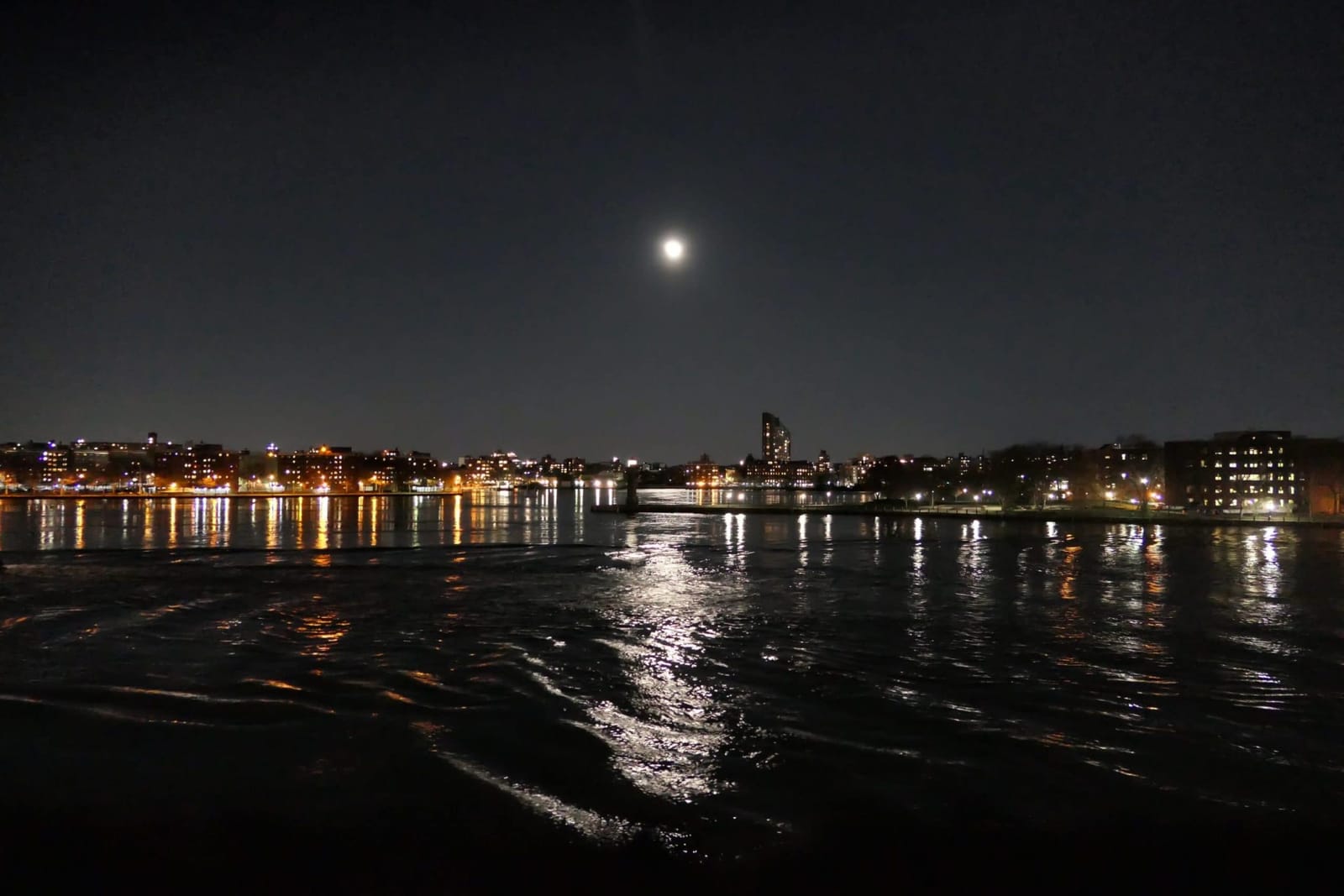I’ve gotten in the habit of walking to the river each night to look at the sky. Lately I’ve been overwhelmed with the desire to know the language of constellations, the location of celestial bodies. It seems like a tragedy to go through life not knowing the names of the lights overhead.
There’s a touch of sadness whenever I watch the stars. I can’t help but search for my mom and dad up there. Although I do not believe in heaven, I remember the people I lost each time I stare into the night, obeying a nerve-wired impulse rooted in the magical thinking of the ancients. Two thousand years ago, the philosopher Posidonius introduced the most sublime image of the afterlife: “The virtuous rise to the stellar sphere and spend their time watching the stars go round.”
I’ve also found consolation in the words of Plotinus, who believed the stars have souls because “the heavenly bodies naturally inspire and make mankind less lonely in this physical universe.” Living in the final days of the Roman Empire, Plotinus turned away from “the spectacle of ruin and misery in the actual world to contemplate an eternal world of goodness and beauty.”
Difficult times can lead to otherworldly philosophy.
Tonight the few stars I saw in New York City looked cold, almost digital. Then I realized I was looking at an airplane.





